Don’t Trust the Milkman – A Call of Cthulhu Saga
This article’s a bit out of left-field, as it’s not about video games. Instead, today I wanted to discuss a tabletop RPG I’ve always wanted to try and recently got my wish. Except for a short one-off in my undergrad years, Call of Cthulhu has always somehow evaded my gaming tables. Like most social events, it would lay dormant and unable to find a group willing to get together to play. But thanks to the Covid-19 lockdown, my gaming group finally decided to give Call of Cthulhu a try via Tabletop Simulator. Since then, we’ve been hooked and played a series of campaigns for the past two years.
While this article will include an overall system review, I also wanted to chronicle my direct experiences as a player. It’s openly indulgent, but my characters just wrapped up a personally-satisfying decade-long storyline. The saga chronicling my first four characters should showcase what sort of gameplay you should be expecting.
Call of Cthulhu: A Review
In this day and age, tabletop RPGs need to do something to stand out from the crowd. With Dungeons & Dragons cornering the fantasy market, and Traveller doing similar (to a perhaps lesser extent) in sci-fi, Call Of Cthulhu took things in a very different direction with an oppressive, almost fatalistic atittude towards its player characters. Failure, insanity, and death are expectations, not losing states. HP Lovecraft’s pessimistic attitude towards the humans in his works definitely extends to your player characters. Combat is incredibly lethal and mostly best avoided. The only way to heal in the field (First Aid) works for a single hitpoint a day. Skill points are rare and the dice are designed to fail you more often than not.
All of this puts a heavy emphasis on role-playing, since it’s something you can control without having to roll for it. Injuries, sanity loss, and manias/phobias are mostly permanent (or very slow to heal). This means you essentially cannot keep playing the same character forever. They will eventually need to retire and you keep going with a fresh one. But all of this combines to encourage creativity, discourage complacency, and lay an emphasis on social checks I’ve always missed in most other tabletop RPGs.
If I had one piece of advice for first-time Call of Cthulhu players, it would be this: Accept that your first character is gonna suck. Don’t be discouraged when you can’t pass any skill checks and you rack up a Major Wound in your first combat and inevitably die of sanity loss. You’re still learning the system and its emphases, you didn’t know how skill checks work. Your next character will be much more prepared for where their adventures take them. Case in point…
My 1st character: Presley August the dilettante
Here’s the poor bastard I played in that one-off I mentioned, about ten years ago. Presley was an arrogant rich kid who wielded a flare gun. He wouldn’t stop obnoxiously acting like he was better than everyone else. (His character sketch is a blatant trace of Wesley Crusher with an added french mustache). The other player characters hated him. But he had a ton of money and financed whatever they needed in their search for an ancient talisman.
Presley died when the gang infiltrated a ghost ship. He failed a will save to not smoke some cultish incense he found in the cargo hold. Then he tripped out, saw all the elder gods simultaneously, and instantly lost all his sanity points. The others didn’t even bother to bring him while escaping as a giant kraken swallowed the ship whole. RIP Presley. We players never met back up for a second session, so that was the whole story for over a decade.
My 2nd character: Officer Cockfosters the policeman

Last year I finally got my chance to try the system on a more longterm basis. Reginald Hofsteader Picadilly Cockfosters II (born to two British occult professors) was a red-blooded SanFran cop who loved being American and hated when anyone got his nationality wrong. His main personality trait was staunchly disbelieving in magic or monsters or any sort of cultish cthonic nonsense, no matter how much evidence presented itself throughout the campaign. (I gave him a ton of sanity points, not wanting to go insane as easily as Presley had.)
Our characters were assigned to figure out how a local statue garden got completely destroyed overnight. Somehow there was no evidence of heavy machinery or vehicles traveling to or from the property. So the party went to investigate the missing night guard at his apartment. Cockfosters discovered his corpse laying in bed with some sort of giant stone in his abdominal cavity. He took the stone, but on the way to the station a giant bird attacked his squad car and ripped the roof off. Cockfosters barely survived by stabbing a can of mace with a scalpel and throwing it into the beast’s mouth, giving it a massive accuracy penalty on all its attacks.
Another player character in forensics discovered the stone was actually an egg. Its blood type also matched the samples left by the bird on Cockfoster’s car. The victim also had traces of dried pig’s blood on his boots. Following this clue, the gang investigated an abandoned slaughterhouse and discovered evidence somebody had been pillaging it for supplies. Tracking the thief’s prints to a shack in the nearby swamps, they discovered the night guard had summoned the bird and was allowing it to feed on local hikers/hunters. But the bird got angry when he stole its egg with plans to sell it to a local cult.
At that point, the bird found us and attacked, and things suddenly looked very grim. We were all wounded, most characters were a single sanity check away from going insane, and none of us were prepared to fight a giant flying monster. Cockfosters was the one who realized we had the necessary supplies to cast the de-summoning spell detailed in the dead man’s journal. So the others held the monster off as he put the ritual together and (with their permission) sacrificed a dying party member to create a portal returning the monstrous fowl and its egg from whence they came. (He also ended up being the only one who passed the sanity check from gazing upon the dark realm.) While a victory, it came at high cost to the party and we created fresh characters for the next storyline.
My 3rd character: Harold Poole the milkman
At this point, I came to my GM with a secret request: Could I play a cultist living with a civilian alter-ego? We got to talking and came up with a backstory that tied all three of my characters together. The Cockfosters would be an English family who worshipped Gla’aki, a three-eyed underwater god. (I sent the GM “my artist’s interpretation of Glocky” and he said it was somehow more terrifying than the real thing.) Presley was prophesied to be the one who would awaken Gla’aki through his own sacrifice. But he turned his back on the cult and fled the country, changing his last name to August. Reginald’s parents were part of a sect who traveled to America with orders to find the missing prophet. They’ve all ingratiated themselves into local populaces to search for Presley longterm. (Except Reginald; his parents quickly deemed their child unsuitable for cultish things.)
Sterling Cockfosters, my new character, was part of that sect, living in San Francisco as a cheerful milkman. Under the name “Harold Poole,” he was everyone’s best friend. He loved baseball and pitched for a local pick-up league, plus he drove the “moo-mobile” that his investigating party would use to get around town. His combat specialty was the ‘Throw’ skill, which really surprised me with its versatility.
Harold and the other player characters each received a cryptic letter from their mutual friend, now locked up in the local mental asylum. Their investigation uncovered that the inmates were being brainwashed to summon the King in Yellow by putting on his play at the asylum amphitheater. One player character, a librarian, learned a purification spell, and the party planned to infiltrate the asylum and purify the arcane stone used in the stage. But the night before the infiltration, Harold received a summons from his cult leader. He gifted Harold a razor-sharp walking stick and told him Gla’aki wanted him to kill the asylum admin, Dr. Winstocke, by stabbing him through the chest with it. (The GM later admitted he had no expectations on me succeeding at this. He’d granted similar unlikely side goals to the other player characters.)
When the party infiltrated the asylum through the sewers, Harold offered to wear a pilfered uniform and pull an alarm in a remote section, drawing attention from our friend and the amphitheater. But instead, he marched to the admin’s office, crouched outside the window, and crafted six molotovs using milk bottles and ingredients from his backpack. The GM couldn’t believe it when Harold overwhelmed Dr. Winstocke and his two beefy overlies with enough fire damage to incapacitate an elephant. Then he climbed in and stabbed the doctor’s dying body before making his getaway. Winstocke’s corpse was discovered and the alarm pulled, and Harold was ready with the getaway milk-truck by the time the rest of the party arrived with our rescued friend.
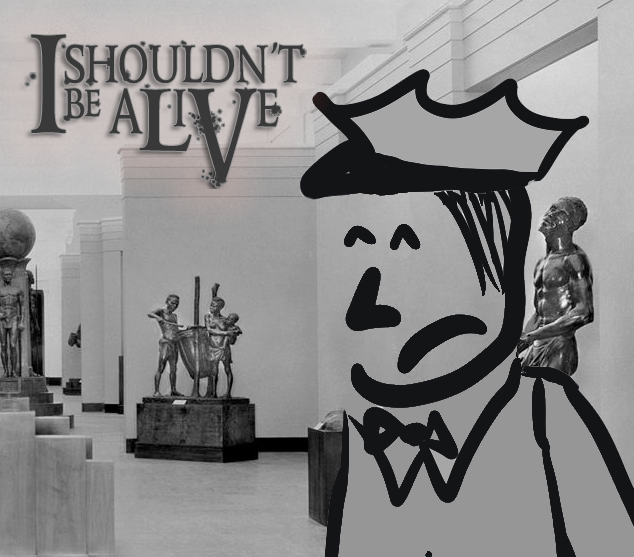
This time our characters survived healthily enough to keep them around for another campaign. Dr. Winstocke made a miraculous recovery, now a possessed thrall of the Cockfosters cult. Said cult also moved in to control the sanitarium. Now that they had an arcane stage for the ritual, they needed only Presley (or his body) to complete it. To help him in his search, the cult leader gave Harold the walking stick again. He explained that if Harold can kill someone with it after carving an eye on their forehead, Gla’aki can possess that person and help him out.
Meanwhile, our party was hired to investigate a missing woman who ran away with a sailor. Our search took us to the chinatown district, where we tangled with the Triad and discovered evidence they were smuggling goods into America via time-shifted junks that could pass unnoticed through naval blockades. Their records indicated that one of these junks collided with a cargo ship and accidentally phase-shifted with its passengers, and the woman (and possibly Presley) had been on that boat.
But this is where Harold’s luck ran out. The Triad discovered what the party was doing and surrounded the office they were snooping in. With everyone facing certain death, Harold chose to stab himself with Gla’aki’s scepter. Whereupon the god possessed his body and massacred their attackers with a flurry of deadly tentacles. The other party members barely escaped with their lives (and sanity) thanks to his sacrifice.
My 4th character: Sampson Poole the “chimney sweep”
As the campaign wasn’t over yet, I took over the leader of Harold’s cult, his brother Sampson Poole who’s nominally a chimney sweep in his civilian life. Unlike Harold (who does a good job fooling people into thinking he’s an everyday mild-mannered milkman) Sampson did not dress, speak, or act like a chimney sweep and barely bothered with his cover story. He preferred to focus on his ultimate goal of awakening the unholy god he worships. Sampson used a trained falcon in combat and prioritized intimidation over charm. He had an overall menacing air that mostly hindered him more than it helped.
After he joined, the party blackmailed a rum-runner for his ship and sailed to the location of the boat crash. Via ritual, they entered the ‘ocean between time,’ fought the stranded smugglers who were morphing into fishpeople, and rescued the woman trapped there. But unfortunately, Sampson didn’t find Presley on the other side like he was hoping; the woman was the only survivor of the crash and didn’t even recognize the boy’s name or description. Luckily, due to the nature of the ‘ocean of time’, the party could look back into the past and view events that happened before. So Sampson astral-projected and watched as Presley arrived with a team of investigators minutes after the boat crash, finding only the abandoned cargo ship. Then he watched as Presley smoked the incense, went insane, and got swallowed by a kraken. Presley’s body was long-gone, unfortunately, impossible to be recovered.
Nevertheless the campaign was over, so Sampson and the other surviving characters split the reward money and went their separate ways. But now it was time for epilogues, and the GM saved Sampson’s for last: that night, as he drifted to sleep in the staff dormitories, a voice in his head ordered him to visit the asylum amphitheater. There, he encountered the reanimated body of Harold Poole using its tentacles to prepare the ritual. As Sampson watched in horror, Harold announced that the cult had been wrong about the prophesy. Presley was never the subject, as he’d never done anything to fulfill its steps. But Harold had provided the stage and the sacrifice for Gla’aki’s return, and therefore was its true heir. Completing the ritual, Harold succumbed to his fate and Gla’aki awoke through him, destroying the sanitarium and instantly driving Sampson insane from seeing the true face of his god.
So yeah, don’t get emotionally-invested in your character’s survival, they rarely do. But it makes for some absolutely killer stories as you put them through the ringer. The fact that everyone’s so squishy leads to some truly amazing moments when they pull off victories that were stacked against them. Sampson once had to pass an “Operate Heavy Machinery” check to seal incoming fishmen in a cargo hold. His 5-in-100-odds success was so much sweeter than similar moments in less-lethal systems because we would literally have all died if he’d failed. I’ve had several friends who grew tired of other systems for various reasons, and all of them found Call of Cthulhu contained what they were looking for in a tabletop RPG. If you get the chance to try it out yourself, don’t pass it up.
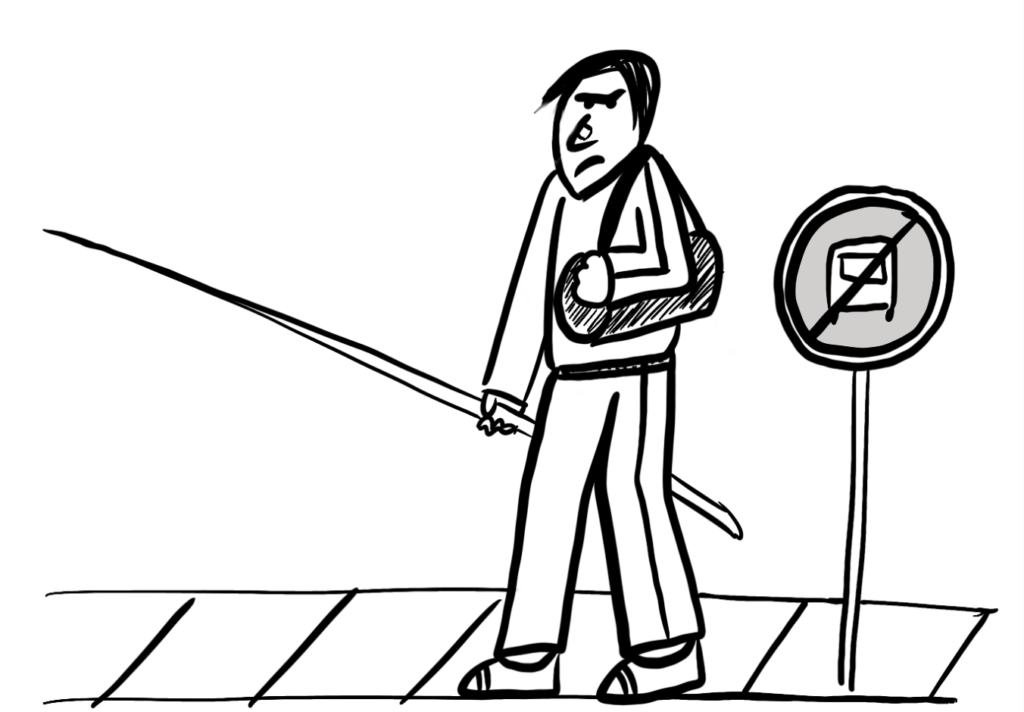
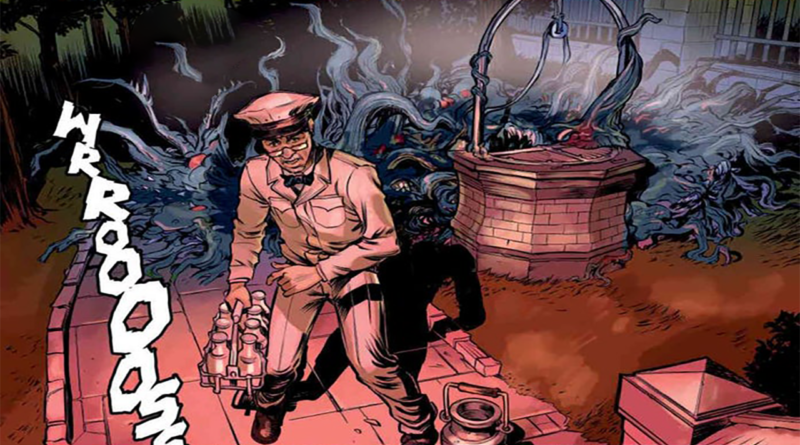
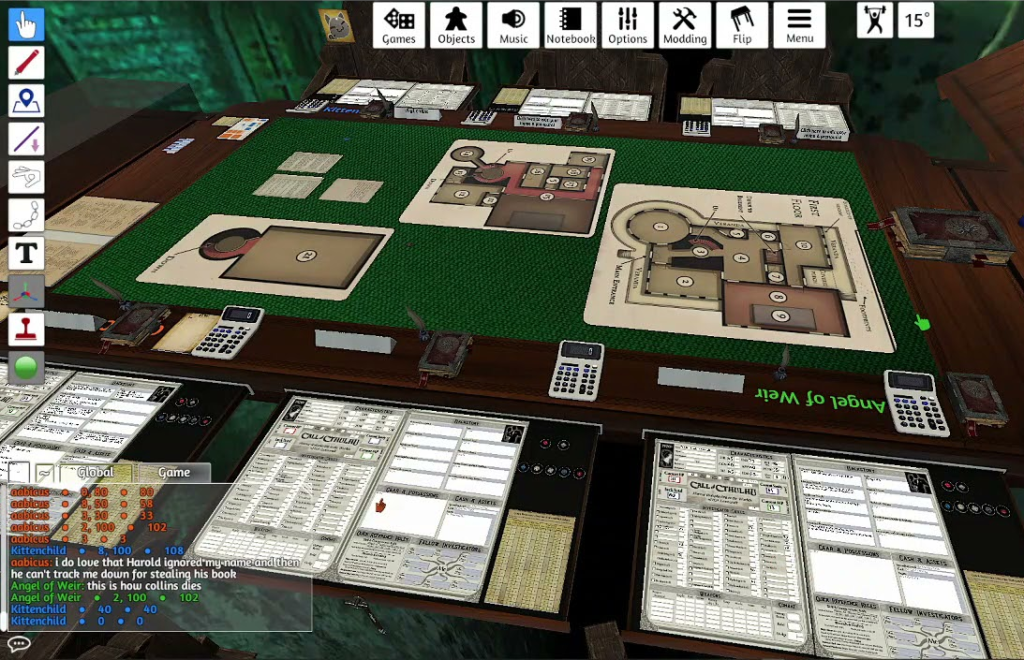


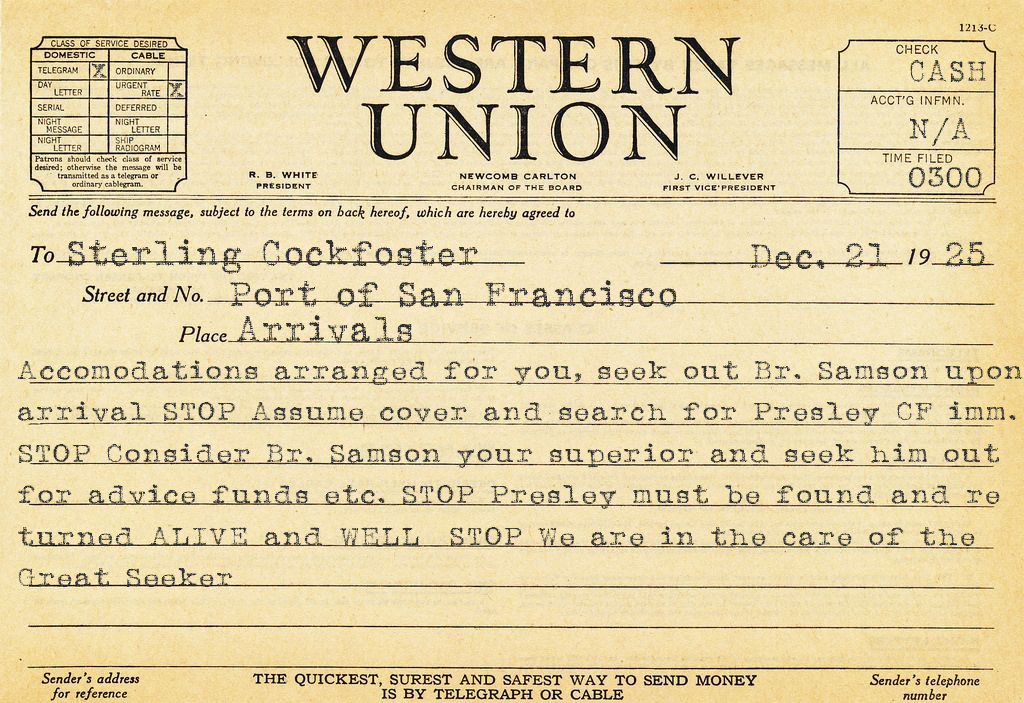
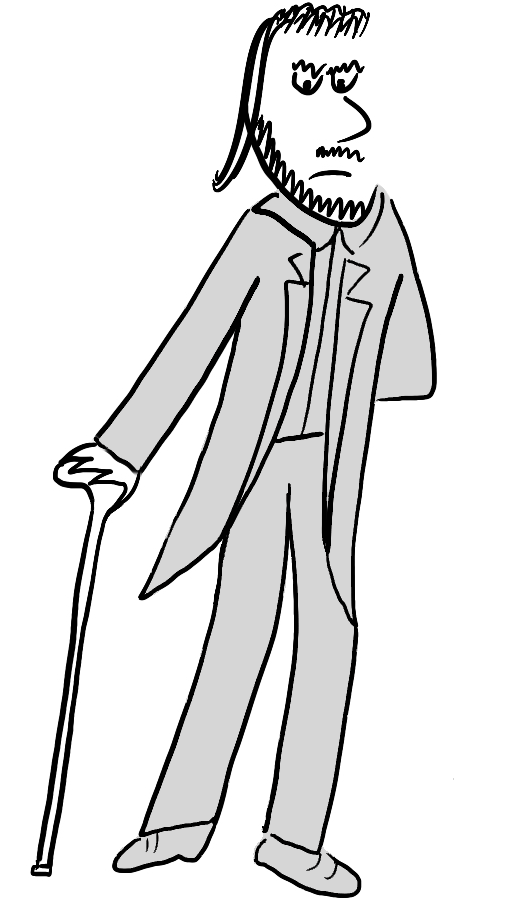
Brilliant playing and GMing. Kudos!
I’m gonna hafta up my game (when I get a chance to game again).
Thank you! ^_^ We’ve had more campaigns since then, but Harold Poole’s is definitely still my personal favorite